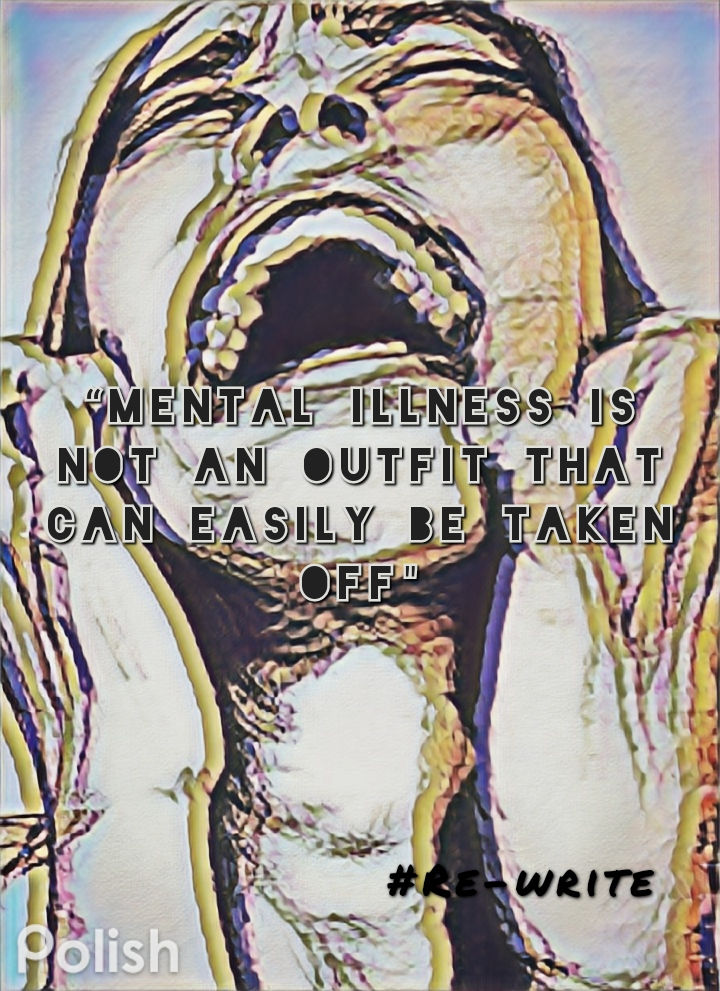Africa's Mental Health Narrative
- Jan 8, 2023
- 2 min read
Updated: Jan 11, 2023
Teacher-student talks in my school happen every week according to the school timetable. This is when teachers mentor students in life and attempt to navigate their challenges. I use the word attempt because of the discussion concerning mental health we had in the last term of school. I was intrigued to listen to how my teacher would tackle this topic in a traditional African school.
At the end of the talk, the grave misinformation and continuous disagreement between my teacher and I was the basic cycle responsible for the continuation of the status quo regarding the mental health narrative in most of Africa. Their light referral to how mental illness is entirely one's fault and their indirect advice warning us to keep away from such people based on the assumption that alcoholism and drugs was what put them there in the first place. It's a shame that in most of Africa, the older generation fails to recognize that mental illness is not a rebellious act put up by youth or an outfit that can easily be taken off but an actual illness. One that requires emotional support from those around you rather than stigmatization like you were infected with Ebola or an Omicron variant. An illness that is further entrenched by insecurities, failures, bullying, traumatic events, abandonment and various other factors we must not assume which forces them to resort to alternative measures to fill that void in their lives given that society has evidently failed to help you.
Many ancient African societies deemed mental illnesses as demonic, curses and signs of weakness especially among men. Don't get me started on the thorough beating given to dead bodies of those who had committed suicide and their bodies left in the wild for whichever lucky animal to devour. With such an attitude towards mental illness, it's very unlikely anyone would want to come out and seek help if it was even offered in the first place. Vague traces of this attitude is still evident in the Africa we have today with millennials blaming Gen Z for their mental illness and claiming to 'help' in the way they feel is best without settling to find out an actual cause to this particular problem. With this lack of communication and disagreement between both sides, Africa still has a long way to go in this struggle. Let's just hope it doesn't come with a heavy price to pay like AIDS and the Polio virus did, which was the loss of millions of lives.
-Kay Tara




Comments